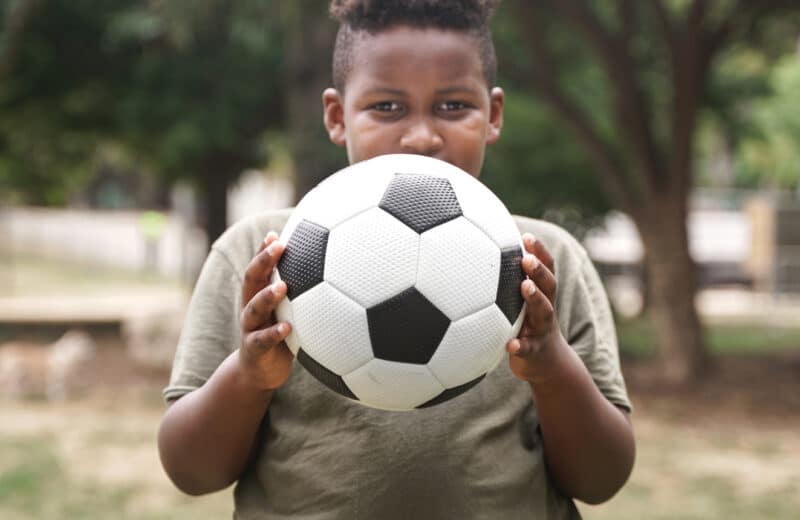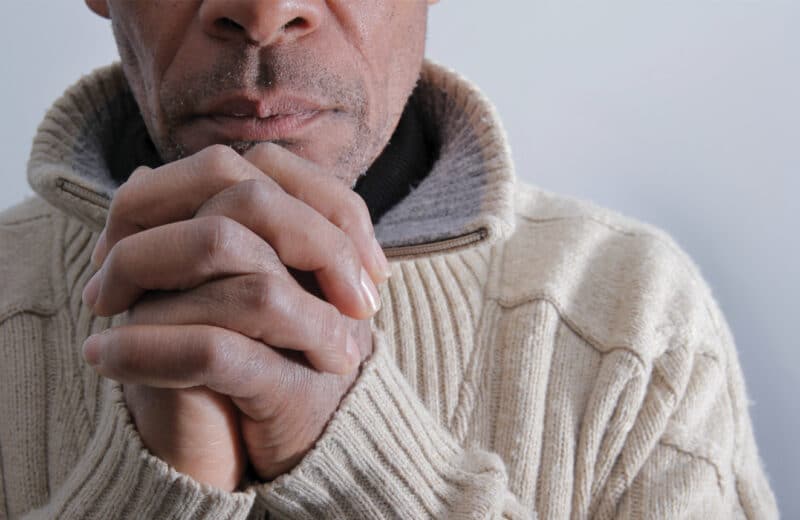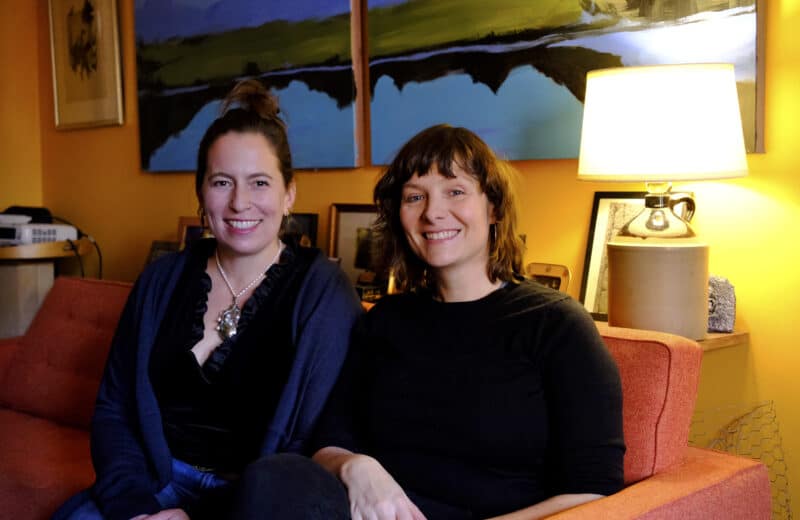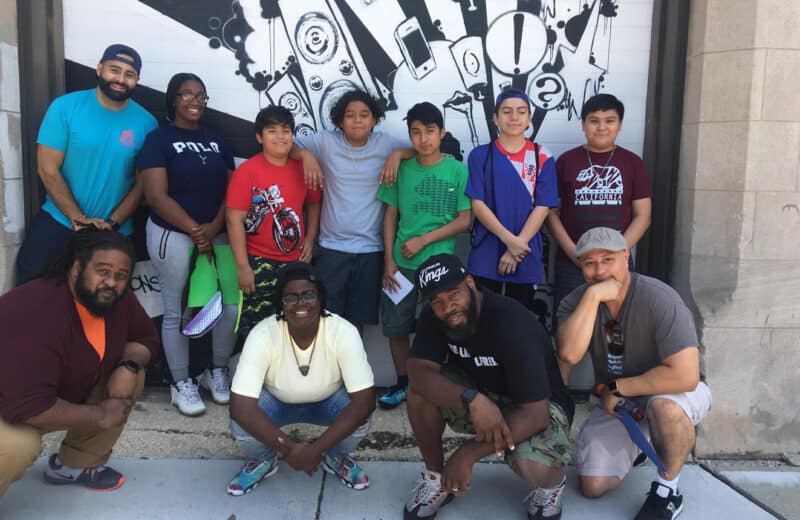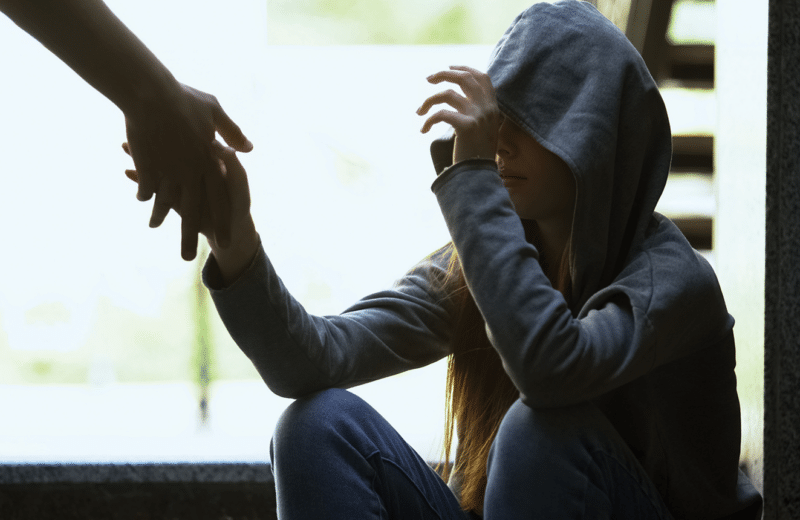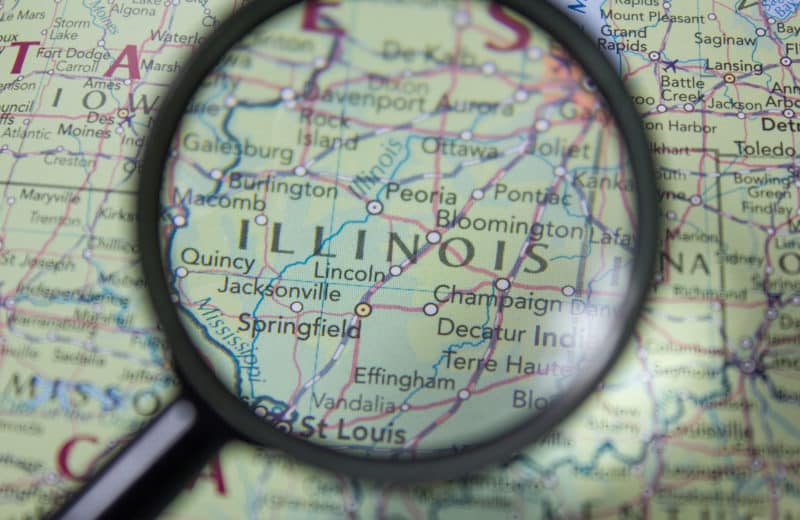By Kevin Sterne
You lie in bed staring at the clock, trying not to count the hours until the alarm rings. Soon you turn over to face the wall. After a while, you reach for your phone. By 3 a.m. you’ve “liked” your whole newsfeed.
Thinking about falling asleep only breeds frustration, keeping you awake. This vicious cycle of insomnia affects 60 million people per year and affects women more often than men, according to the National Institutes for Health (NIH).
“In general the prevalence of insomnia is higher in women than men,” says Lisa Medalie, PsyD, CBSM, a clinical psychologist and sleep specialist at University of Chicago Medicine. The margin is significant: Women are 1.3 times more likely to experience insomnia than men, according to the National Sleep Foundation (NSF).
Apart from fatigue, irritability and difficulty concentrating, insomnia has been linked to a bevy of health problems including hypertension, diabetes and cardiovascular disease. Chronic insomnia also can be a precursor for psychiatric disorders, with more than 40 percent of people battling both, according to a 1989 Journal of the American Medical Association study. “If they are vulnerable to depression or anxiety, such symptoms are exacerbated with sleep loss,” Medalie says.
Often, women have trouble sleeping when hormones fluctuate. Insomnia can increase during pregnancy (especially in the third trimester) and perimenopause, according to the Office on Women’s Health in the U.S. Department of Health and Human Services. “With menopause, often hot flashes wake up women from sleep and make it difficult to return,” Medalie says.
Unfortunately, poor sleep is caused by more than just hormones. Insomnia is multifaceted, and sleep professionals try to understand it by what Medalie calls “the three P’s.”
First there are predisposing factors, which are the underlying causes that make someone vulnerable to insomnia. These might include childhood symptoms of insomnia, hyperarousal and genetics.
Next there are precipitating events that kick-start the initial bout of insomnia. These are plentiful: financial stress, divorce, medical problems, abuse. Environmental factors fall under this category as well, i.e., your noisy neighbor or even a restless newborn.
Finally there are perpetuating factors: the clock-staring anxiety from not sleeping, daytime naps or anything else that “maintains the insomnia,” Medalie says.
Blame Your Parents for Poor Sleep
Insomnia may be hereditary, affecting women more than men, according to a recent study published in the journal Sleep.
“Genes may have more of an influence on insomnia in women,” says Mackenzie Lind, an MD/PhD candidate at Virginia Commonwealth University and chief author of the study.
Lind’s study is the first of its kind to investigate the hereditary connection in adults across multiple time points and could influence our understanding of sleep and sleep treatments.
Researchers looked at data from the Virginia Adult Twin Studies of Psychiatric and Substance Use Disorders from 1987 to 1998. Approximately 7,500 identical and fraternal twins—female/female, female/male and male/male—were asked to score three symptoms of insomnia over the past month: trouble falling asleep; staying asleep; or waking too early in the morning. Data was collected at multiple nonoverlapping time points.
Researchers were interested in the potential genetic differences between women and men and the stability of genetic influences across time. Since identical twins share the same genes, “this gave us the opportunity to fill in gaps in literature and see if there were sex differences in terms of genetics,” Lind says.
Insomnia was found to have a 59 percent heritability rate in women, compared to only 38 percent in men.
To some, the results aren’t surprising—“Many folks with insomnia have a family history of insomnia”— Medalie says, but they are useful in understanding the origin of insomnia.
And while the study may potentially explain the lopsided prevalence of insomnia in women, “It’s really important to note that despite these genetic influences, the role of environmental factors is still very large,” Lind says. Snoring partners, barking dogs, living in an urban area—these can all contribute heavily.
Put Sleeplessness to Rest
Only 7 percent of women report receiving treatment for insomnia according to the NSF, making DIY sleep help critical. If kicking your partner to the couch doesn’t help, here are some natural sleep-inducing remedies.
- Stick to a Routine
Establishing a regular sleep and wake time is imperative. Once your body becomes accustomed to a sleep routine, it more easily becomes naturally tired. Constantly changing your snooze schedule confuses your brain’s sleep center, prompting restlessness.
- Don’t Lie Awake in Bed
“If you are awake for 15 to 20 minutes following your awakening, get out of bed,” Medalie says. Don’t stay in bed tossing and turning or scrolling through your phone. After 20 to 30 sleepless minutes, try getting up and wandering somewhere else to do a relaxing activity such as reading. Then return to bed when you feel tired. Lying awake in bed can create an unhealthy link between wakefulness and your sleep environment, according to the NSF.
- Use Your Bed Only for Sleeping
You want your bed to be associated with snoozing, not restlessness. Try relocating TV time to the couch, and cut out bed snacks (even breakfast in bed), books, computer browsing and any other activities that aren’t dreaming. Consciously and subconsciously, we associate certain activities with specific settings. The comfort of bed should trigger a strong connection with blissful slumber.
- Cool Off Hot Flashes
Hot flashes may wake you from sleep, but they don’t need to keep you awake. “If you wake from a hot flash,” Medalie says, “try to keep your frustration response low by taking 10 slow, deep breaths.” This will help to relax you, coaxing you back to sheep counting.

